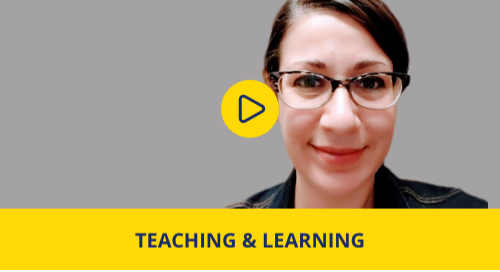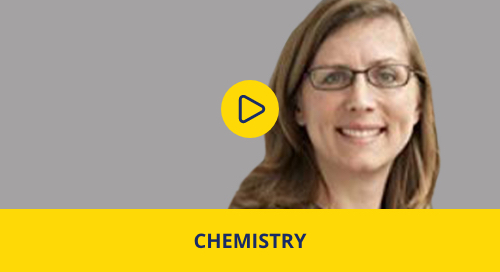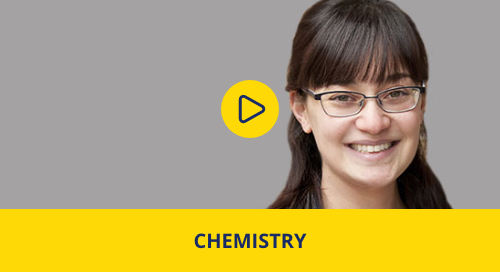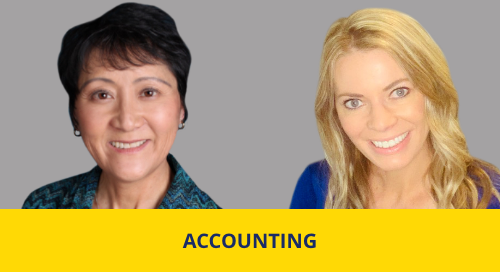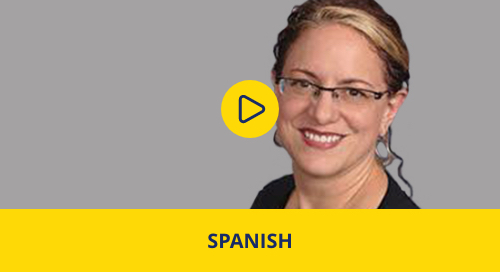the-academic-integrity-brain-trust
With many classes going online and students able to share answers nearly instantly, cheating has become a rampant problem that makes it difficult to ascertain student retention and subject mastery. That’s why we’ve pulled together a panel of experts to help walk you through the reasons behind cheating and how you can combat this rampant issue to improve student outcomes. In this webinar, you’ll hear from leaders and members of the International Center for Academic Integrity as they talk about the various factors that can help you create a culture of academic integrity in your class.
Speakers:
Dr. David Rettinger
- Picture
-

- Description
-
Dr. David Rettinger, Ph.D. is Professor of Psychological Science and Director of Academic Programs at the University of Mary Washington. He also is Procedural Advisor to UMW’s student-run honor system. His academic research interest is in academic integrity behavior, having published research on the psychology of cheating in Theory into Practice, Research in Higher Education, Ethics and Behavior, and Psychological Perspectives on Academic Cheating. Rettinger is President Emeritus of the International Center for Academic Integrity, an organization founded to combat cheating, plagiarism, and academic dishonesty in higher education. In addition, he leads the organization's efforts in assessment and survey research, continuing the McCabe academic integrity survey. He earned a Ph.D. (1998) and an M.A. (1994) in psychology from the University of Colorado, Boulder, after receiving a B.A. (1991) with high honors and distinction in psychology from the University of Michigan, Ann Arbor.
Dr. Tricia Bertram Gallant
- Picture
-
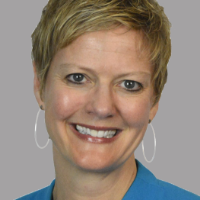
- Description
-
Tricia Bertram Gallant, Ph.D. is the author of Academic Integrity in the Twenty-First Century: A Teaching and Learning Imperative (Jossey-Bass, 2008), co-author of Cheating in School: What We Know and What We Can Do (Wiley-Blackwell, 2009), editor of Creating the Ethical Academy: A Systems Approach to Understanding Misconduct & Empowering Change in Higher Education (Routledge, 2011), and section editor for the Handbook of Academic Integrity (Springer, 2016). She is the Director of the UC San Diego Academic Integrity Office and Board Member of the International Center for Academic Integrity and has been an ethics lecturer with the Rady School of Management. When Gallant blogs, the content is hers and should not be attributed to her employer or ICAI.
Dr. Douglas Harrison
- Picture
-

- Description
-
Dr. Douglas Harrison is Vice President and Dean, School of Cybersecurity and Information Technology at University of Maryland Global Campus. He is responsible for the vision and delivery of workforce-relevant cyber and IT education through UMGC’s open-access model for adult and military students. He also leads the school's strategic initiative to strengthen the security of the online teaching and learning environment and secure the university’s intellectual property on the internet. Harrison consults nationally on matters of academic integrity, authentic teaching and learning, and faculty performance assessment. Prior to joining UMGC, Harrison held administrative and faculty appointments at Trinity Washington University, where he led a transformation of the first-year curriculum in the university’s historic women’s college; James Madison University, where he oversaw career development initiatives for faculty; and Florida Gulf Coast University, where he was faculty senate president and a member of the Board of Trustees. His work in higher education has been recognized with the National Education Association's Award for Excellence in the Academy and the John W. Kluge Fellowship at the Library of Congress. Dr. Harrison received a bachelor's degree from the Pierre Laclede Honors College at the University of Missouri-St. Louis and master's and doctoral degrees from Washington University in St. Louis.



